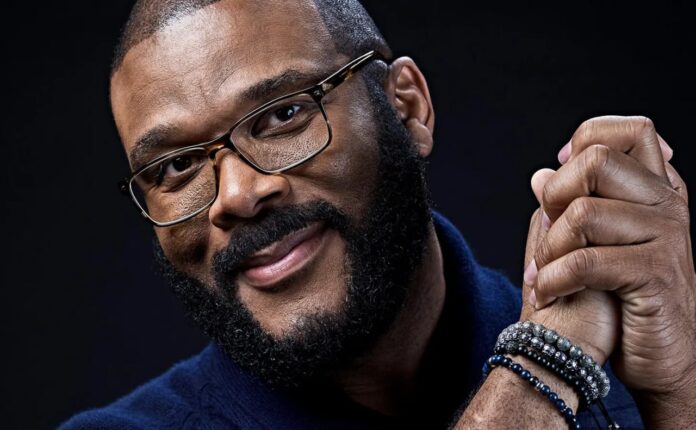From “Poor As Hell” To Billionaire: How Tyler Perry Changed Show Business Forever?
Perry grew up making his mother laugh with impersonations. He was dealing with more than poverty: He describes an upbringing by an abusive man who he later learned was not his father.
He was inspired to write out the stress he was feeling after watching an episode of Oprah Winfrey’s talk show, and spent his 20s touring small theaters around the country performing the plays he wrote, produced and starred in—a crash course in what was to come.
“You got to understand, I had no mentors,” Perry says. “My father doesn’t know anything about business, and my uncles and mother, they know nothing about this. I didn’t go to business school. Everything I’ve learned, I’ve learned in progress.”
After dropping out of high school, he gained knowledge any way he could. In his early 20s, he worked at the Windsor Court Hotel in New Orleans.
He began writing scripts while selling cars and serving as a bill collector. He eventually cobbled together $12,000, which he used to rent space at a community theater in Atlanta to produce a work he had drafted in his spare time.
He designed the set, made the programs and hung the lights; he even sold snacks during intermission.
Perry toured relentlessly, slowly building a strong following among Black Americans, particularly the churchgoing set—older women like his mother, who had their burdens to bear and relished the chance to have someone give them a voice and, even better, a laugh.
His iconic character, Madea, a straight-talking grandmother with a bad wig, a large stomach and even larger breasts, delivered her homespun moralism with brutally honest humor, becoming a must-see spectacle on the so-called “Chitlin Circuit,” a loosely defined network of small theaters in Black communities nationwide.
